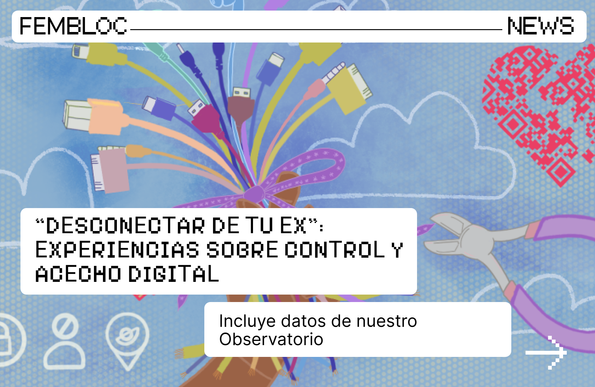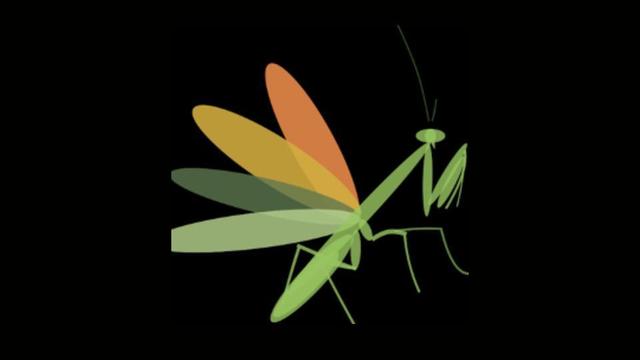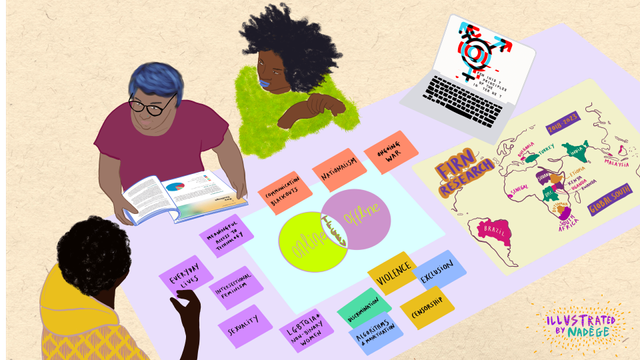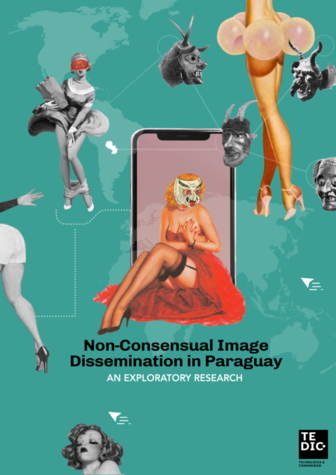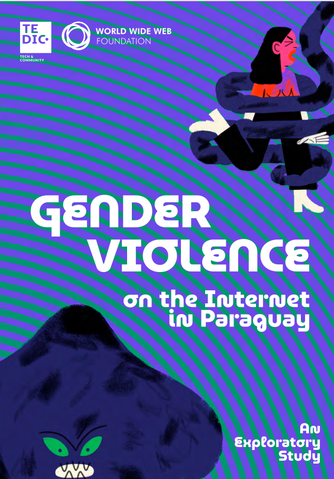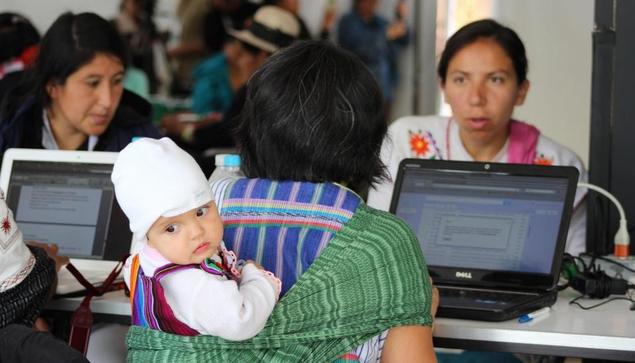💬 El acecho digital no es un problema técnico o individual. Es una forma de control que reproduce las lógicas patriarcales y busca silenciar nuestros cuerpos, afectos y voces. 📲 💁🏽♀️En el nuevo especial de #GenderIT, desde Fembloc compartimos reflexiones y estrategias sobre cómo resistir el control digital en relaciones pasadas. 💔
Lee nuestro artículo: “Desconectar de tu ex: experiencias sobre control y acecho digital” 🔗 Enlace: https://www.genderit.org/index.php/es/feminist-talk/desconectar-de-tu-ex-experiencias-sobre-control-y-acecho-digital
